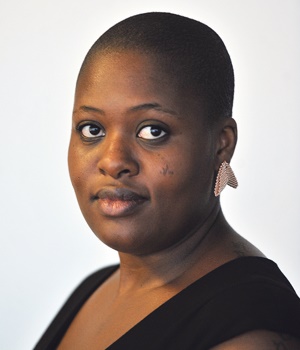
Contemporary South Africa is characterised by a shameful inequality that compounds the structural disenfranchisement and poverty of millions.
The situation is exacerbated by an economy built on the exploitation of a predominantly black population in need of work and skills. We have made numerous justifications for it, ranging from “conditions are worse in other countries” to “that’s the market standard” – as if our local market does not attest to centuries of exploitation by those who decide the value of other people’s work.
This week, a women’s magazine found itself having to defend an internship offering R30 a day, 8.30am to 5pm, for six months.
Rightfully, the internship has been criticised. South Africa’s challenge of having an indebted working class, which often uses unsecured and expensive loans to supplement meagre earnings, is not happening by chance.
It is being driven by various factors, including unpaid internships, that have been able to tap into desperate, unskilled and inexperienced labour that is systemically undervalued and thus underpaid. And when it is not being undervalued – or made to add value while not being remunerated accordingly – it is often being excluded.
By excluded, I mean those training opportunities that require people to choose between “gaining skills and exposure” and being able to eat – the so-called opportunities that further disadvantage people who need the work.
Because they are probably unable to work for free, they miss out on internship opportunities.
When positions do not explicitly say they don’t want poor people but they can only be accessed by people with the privilege of a family, spouse or other financial means to support them, that is exclusionary.
And because class is so intertwined with race in this country, it will most likely disadvantage and exclude young black people.
It is also, largely, black people who must make the difficult choice between skills and money – as if it were impossible to get both, especially when both are essential.
Ironically, women’s magazines are likely to not just contribute to racial inequality but also to gender inequality by exploiting young women’s labour – a shameful indictment on publications that position themselves as advocates for equality.
That countless others have had to “make it work” does not justify the pervasive practice of exploiting the working class.
And our having become “okay” with the inequality of contemporary South Africa does not make it ethical.




 Publications
Publications
 Partners
Partners








